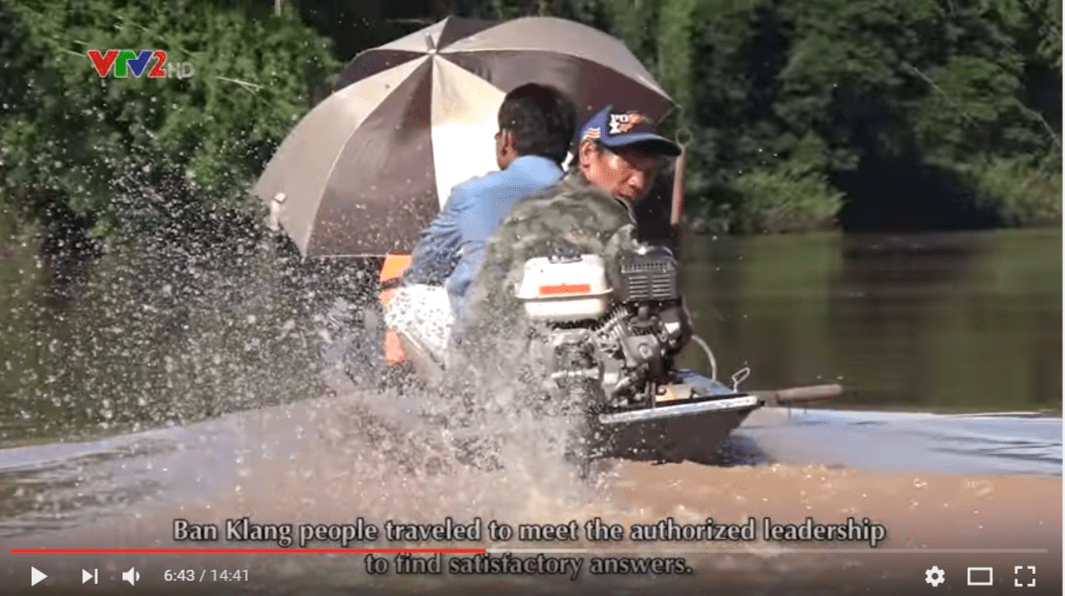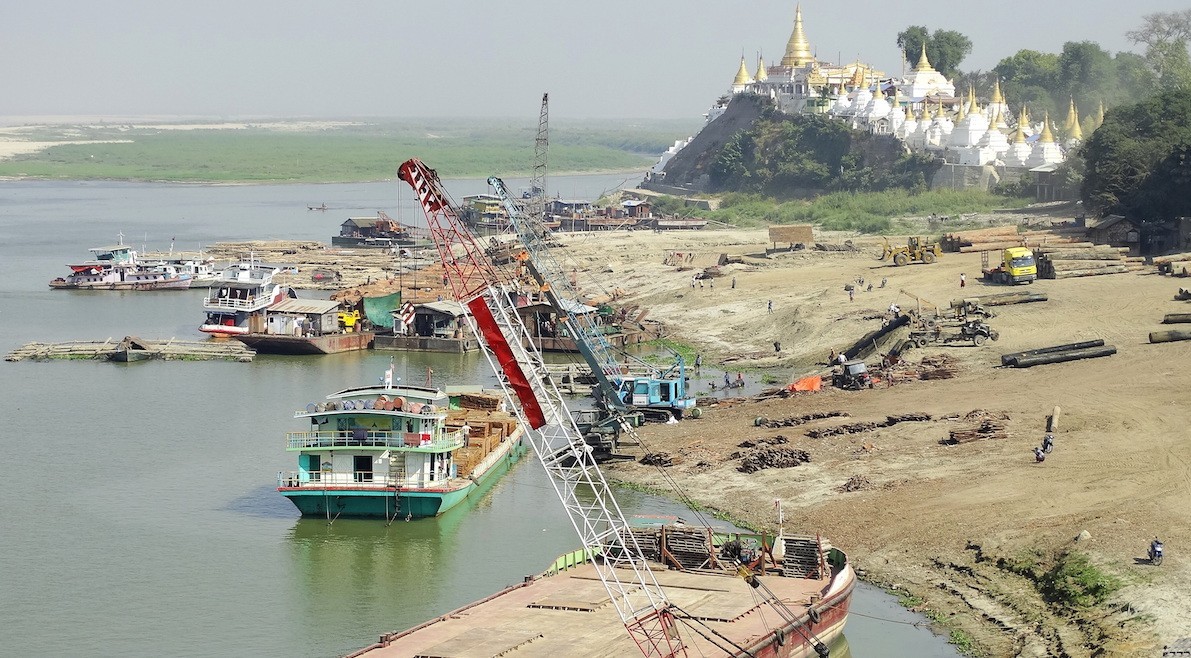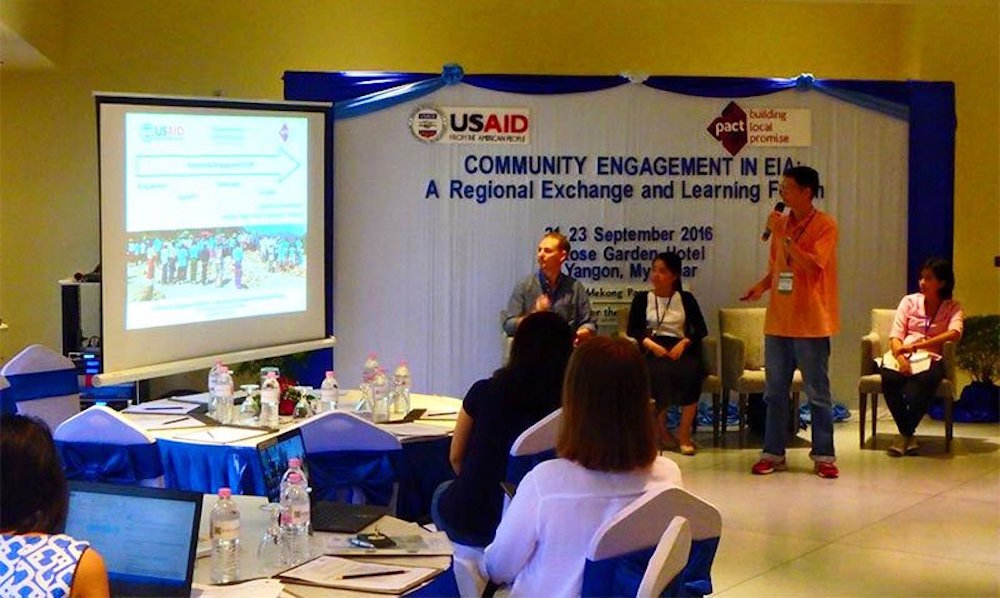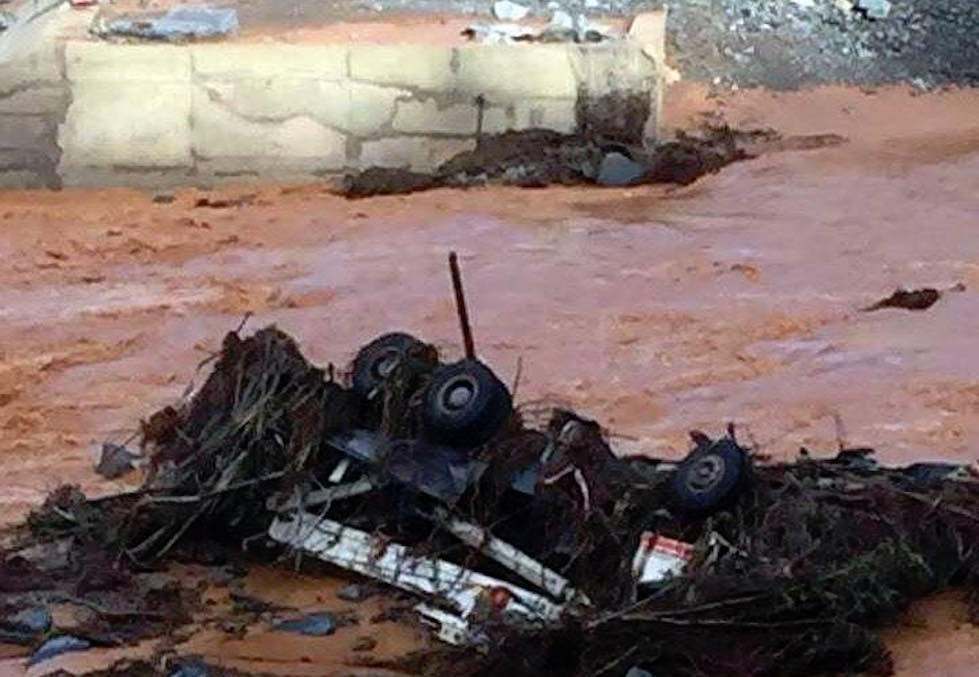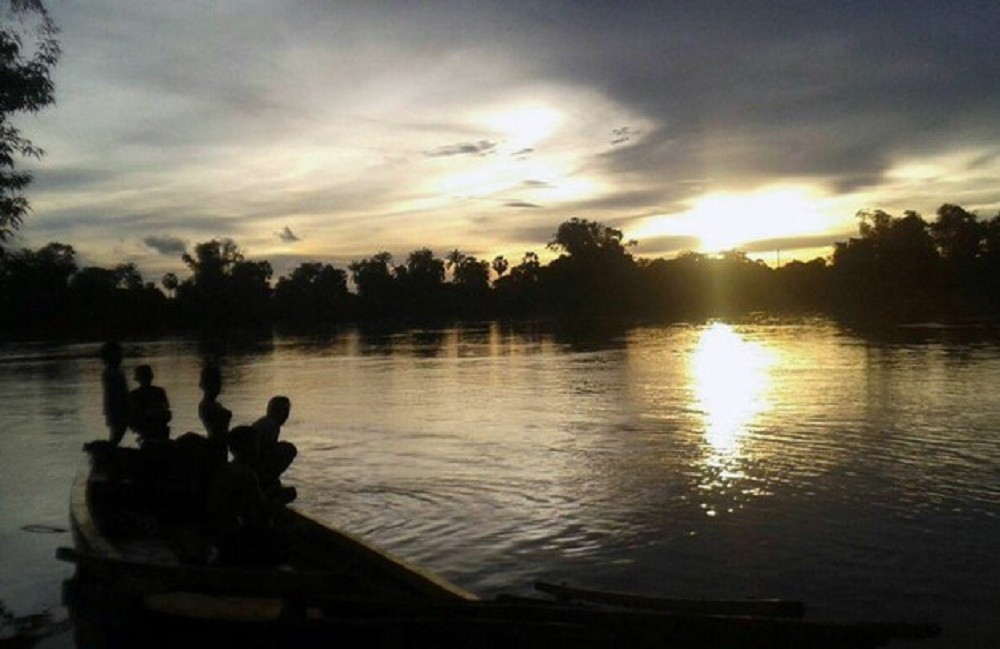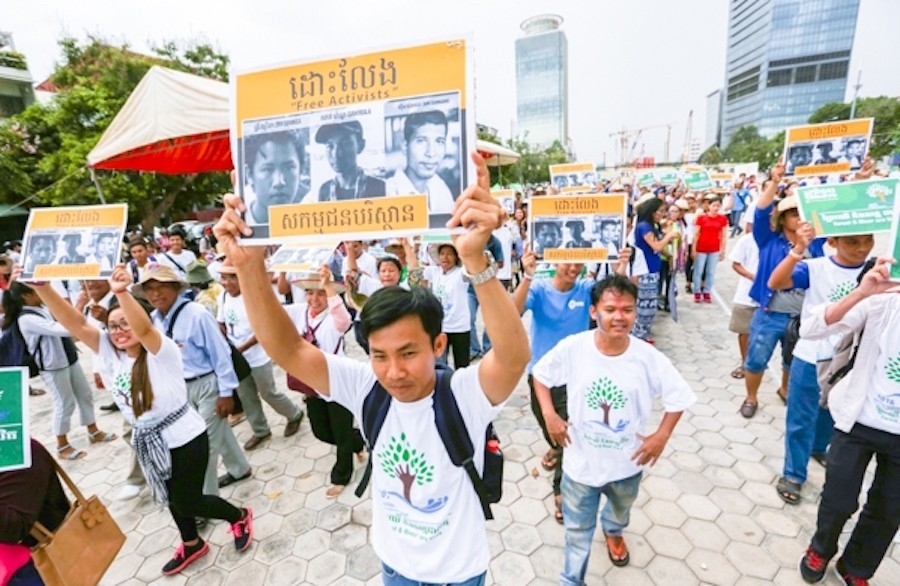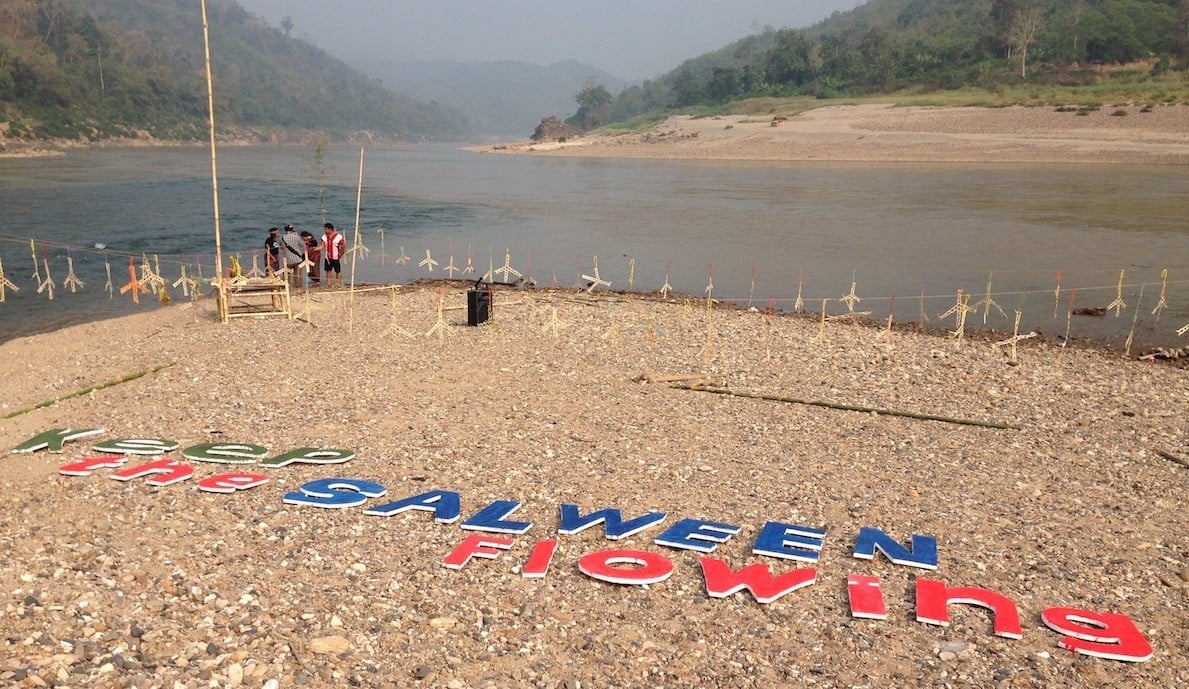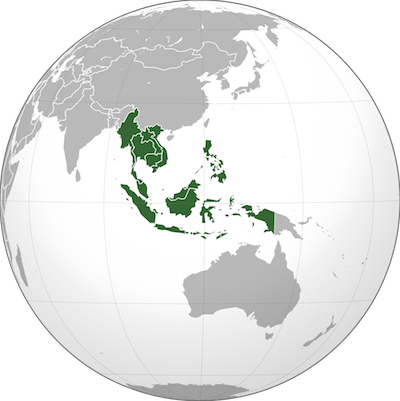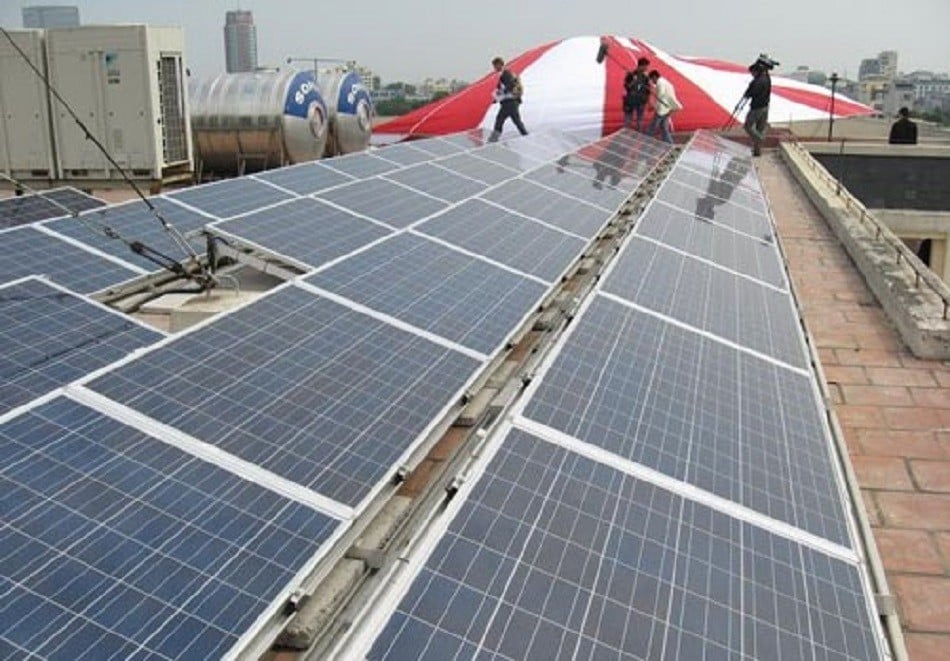Mekong River originates from China and flows through six countries, of which Vietnam is located in the lower part. In recent times, many hydropower dams have risen upstream, making 55% of the river length into a reservoir blocking the water flow further downstream.
The pressure in terms of water on the Mekong River downstream region is growing ever bigger when the water transfer projects to dry regions have been set up.


